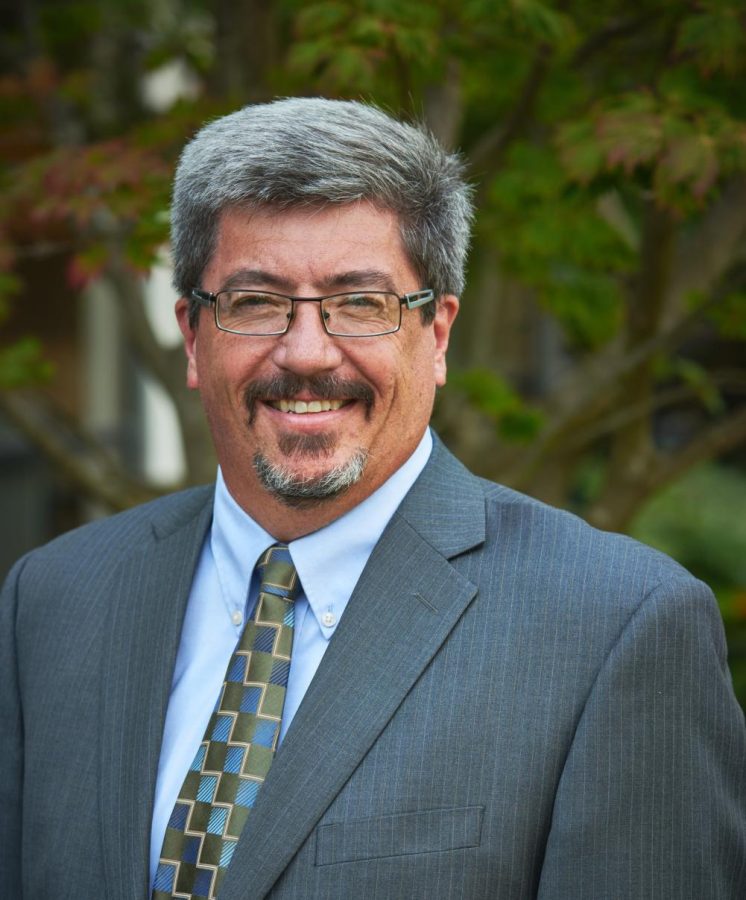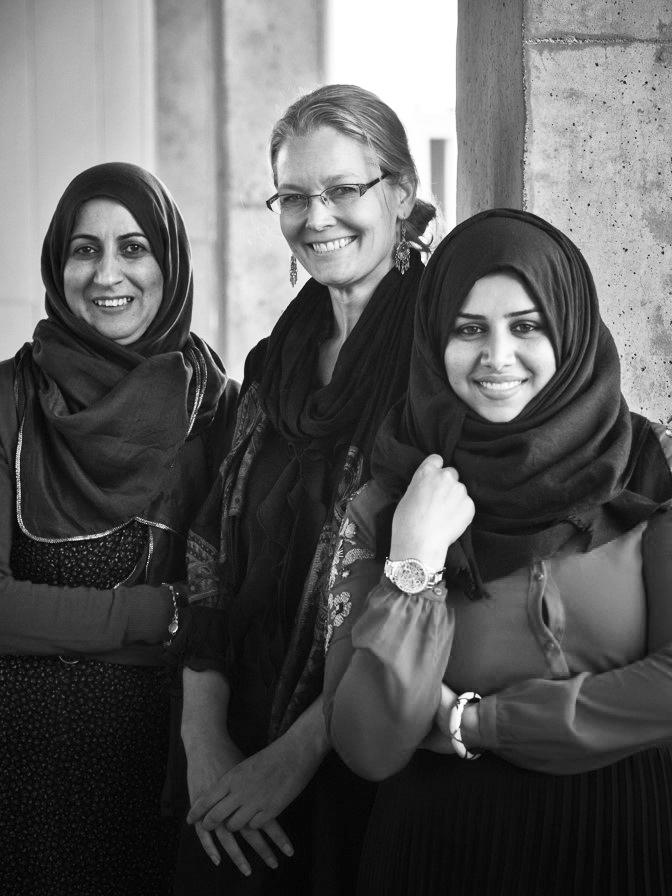Curriculum to engage culture
Meet Dr. Kimberly Segall, an extremely vibrant and passionate professor who has had quite the experiences in life.
Co-director, of the new Social Justice and Cultural Studies (SJCS) major at Seattle Pacific University, she has seen quite a bit of tragedy in her lifetime.
However, Segall still remains bright eyed and cheery regardless of her calamitous past.
Two weeks after marriage, 22 year old Segall moved to Iraq to teach English to the natives, while her husband taught the refugees. During this time period, the Gulf War was transpiring.
Before the hectic move to Iraq, Segall was uninformed about the region; once she had
set foot in Iraq, her once-positive impressions of the sanctions in place changed drastically. Poverty and starvation were widespread.
Fast forward to nearly a year later, when the 1991 Uprisings in Iraq rapidly emerged. Gunshots, bombs, and fearful screams were the dreary sounds that roared through the hot desert environment.
Segall continued to teach, but her students dwindled by the day.
A $50,000 bounty was placed on Americans, and the no-fly zones put in place led to people unable to escape the devastation.
Among violence, Segall noticed the light in the darkness.
“I saw the power to heal and help in the presence of tragedy,” Segall emphatically said.
When living in the Middle East became too much of a life or death situation, Segall moved to South Africa to work with 14 Xhosas, political prisoners, who pleaded with her to help tell their stories, to become their witness.
That group of fourteen wanted to be known as “Khumbulani,” which stands for “remembrance.”
White police brutally terrorized and tortured the people. The stench of injustice was foul and unpleasant. However through all the darkness, there were sparks of light that shone.
The racial turmoil in South Africa was a significant reason that Segall has the passion she has today, and is partially the driving force behind her love for the SJCS major.
“I was shown ways of how I was oppressed by my own culture,” Segall said in regards to the women of the Middle East and South Africa. “These powerful women were freedom fighters and famous politicians. … They had power and a voice that was not yet understandable at the time.”
Those powerful women helped Segall find her own voice as a young woman, which she now uses prominently today. In the SJCS major, students will study culture, representation and power in order to analyze social formations and explore forms of protest, resistance and social change.
The approach to this field will be informed by Christian theologies of social justice.
This major provides a gateway to a variety of vocations such as education, human rights law, refugee work, public policy and mediation in non-governmental organizations, as well as the creative arts.
“What’s unique about this program is how interdisciplinary it is, the main focus is cultural studies all from the perspective of colored authors,” Segall emphasized.
The major has four tracks that push students towards their vocation: pre-law human rights and policy, art for social change, mediation, and peace and conflict resolution, as well as advanced cultural studies.
Cultural studies is a newer field, gaining prominence in the 1950s, and comes from an interesting lens, especially when combining the major with Christian theology. The point of the program is to learn and care about people’s concerns, with equality being a forefront.
“Most education is white education, this equalitive and transformative program allows diverse voices to be heard and understood,” Segall exclaimed emphatically.
Students wanted different views than those of the white perspective; this major is an attempt to change the campus culture. The major aims to inform and educate students about cultural and social justice issues.
Segall loves the students’ excitement, as over 20 students have applied to this brand new program, which started in September. “Students are empowered and excited to use their passions to form their major, due to the program’s flexibility,” Segall said, when talking about the new major and what is to come in the future.
Dr. Brian Bantum, who is co-director of the new major program alongside Segall, is optimistic about the future of the program at SPU.
“We are so excited for the major. In just the first few conversations we’ve convened, whether on Black Panther or immigration, there have been 35 to 50 students, wanting to think critically about their world and how they might address the problems facing it. There seems to be a community gathering through this major and I’m looking forward to see how it grows.”
However, through all the positive support and the successful start to the program, Segall is aware of the improvements needed not only for the program, but for the campus as well.
“SPU needs to hire more faculty of color, and students need to be understanding of racism in society; this needs to be widespread on campus,” Segall disclosed in a dreary tone, quite unusual from her naturally colorful voice.
“The problems facing our world seem even more complicated. They are problems we have inherited from historical fissures or abuses or legacies, but they are also radically new because of the technologies and globalized nature of our world,” Bantum said, following up Segall’s thoughts on how society currently is.
“This major is a step in the right direction, but everyone has a lot of work to do to make it happen.” Segall concluded.
For more information on the Social Justice and Cultural Studies major, as well as the new First Friday program, which is a glance at cultural issues the first Friday of every month with a guest speaker and refreshments, be sure to contact Segall or Bantum.















































































